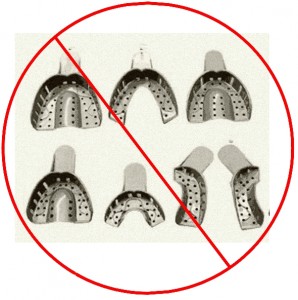 The Associated Press’ Amanda Myers wrote a very interesting article about problems with bite mark impression evidence. “A small, mostly ungoverned group of dentists carry out bite mark analysis,” Myers wrote, “and their findings are often key evidence in prosecutions, even though there is no scientific proof that teeth can be matched definitively to a bite into human skin.”
The Associated Press’ Amanda Myers wrote a very interesting article about problems with bite mark impression evidence. “A small, mostly ungoverned group of dentists carry out bite mark analysis,” Myers wrote, “and their findings are often key evidence in prosecutions, even though there is no scientific proof that teeth can be matched definitively to a bite into human skin.”
The Associated Press analyzed court records to learn the number of those who have been exonerated after they were convicted or charged based on bite mark evidence. The results of the study: Since 2000, at least 24 men have been exonerated. Bite mark evidence had thrown one man in prison for more than 23 years.
The validity of bite marks as evidence depends upon two assumptions. First, teeth leave recognizable marks unique to an individual. Second, this uniqueness is transferred and recorded in the bitten substance. Critics argue, however, that neither assumption is supported by scientific studies.
“Bite mark evidence is the poster child of unreliable forensic science,” Chris Fabricant told Myers. Fabricant is the director of strategic litigation at the Innocence Project.
